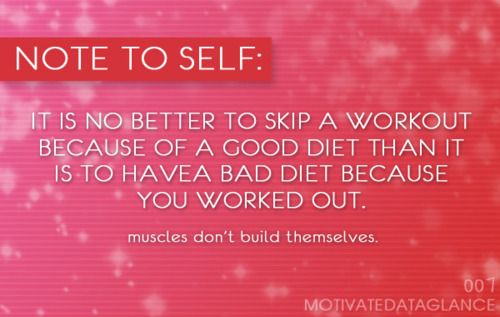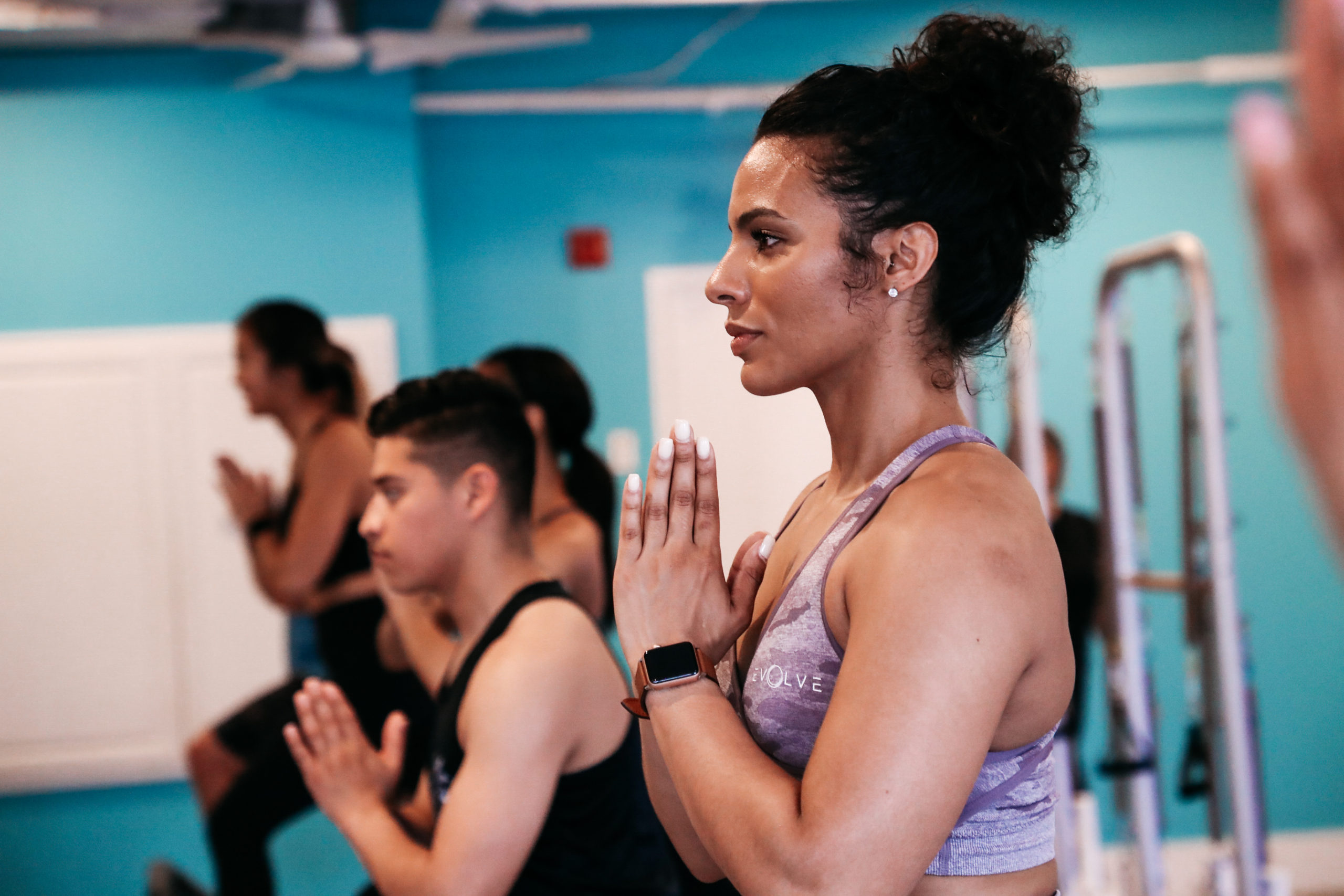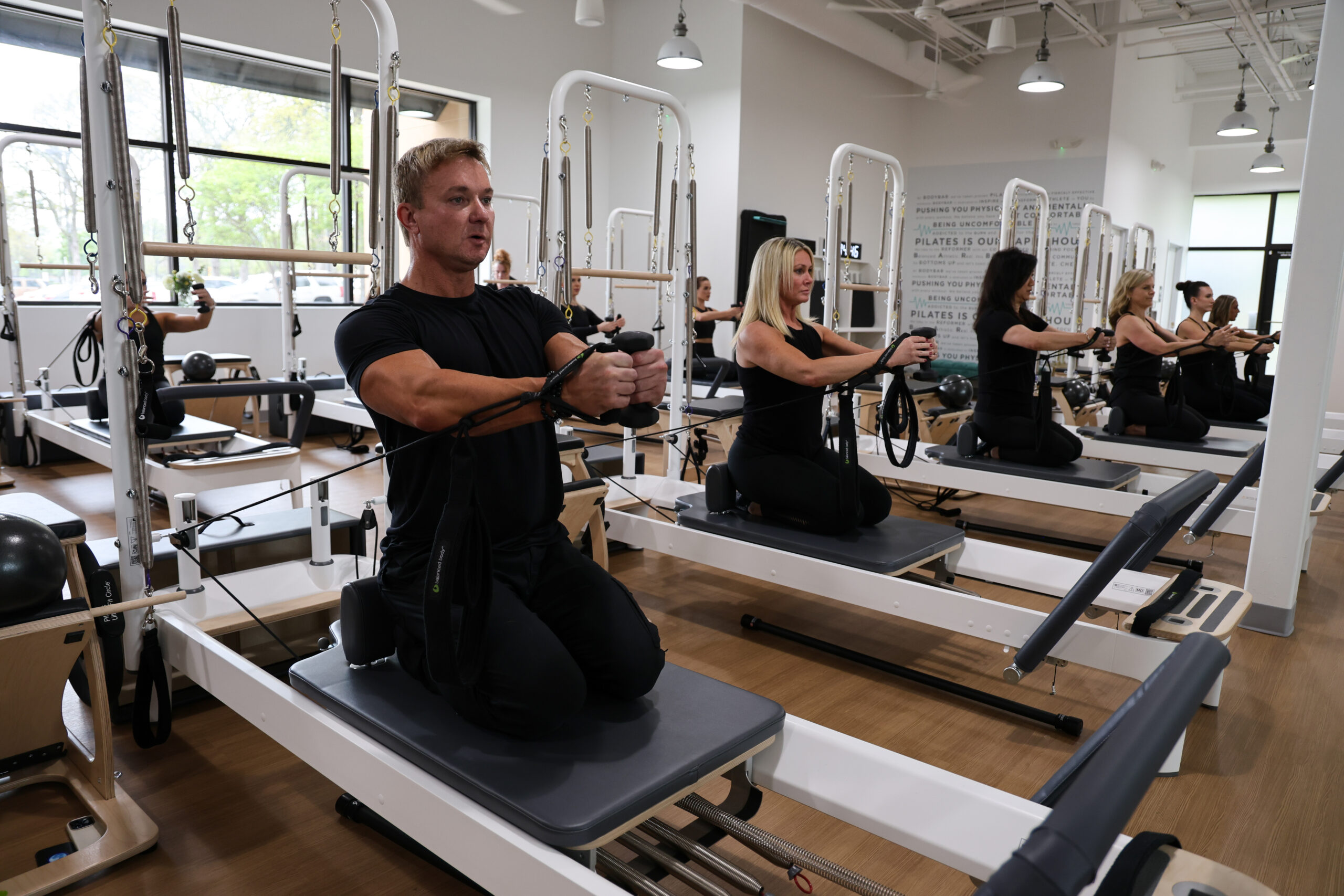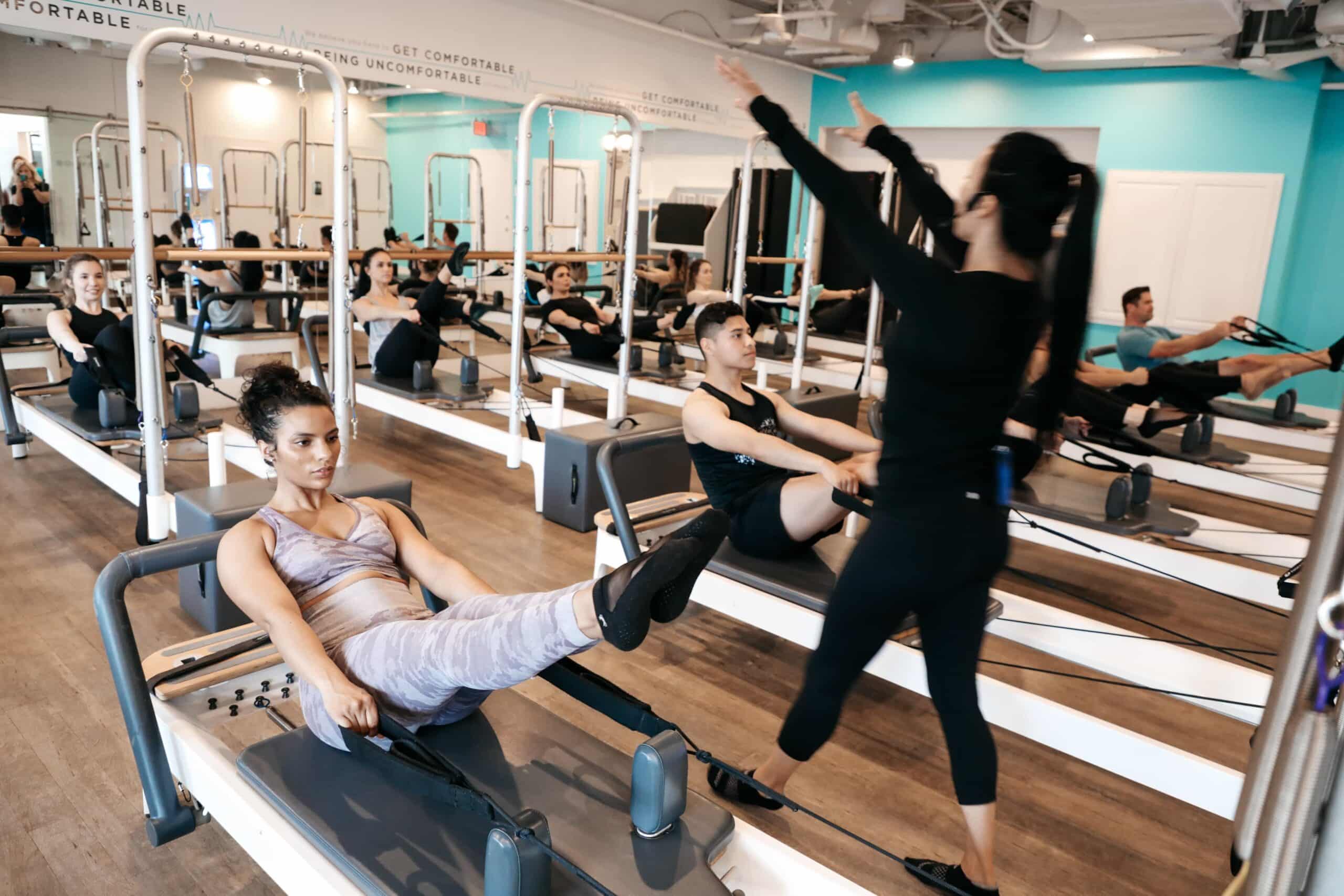Muscles Need Protein!


When you get into a regular fitness routine it’s very important that you also think about a nutritional approach that will support your training goals! Have you ever heard the saying, “Abs are made in the kitchen”? Well this is partly true and partly false; but the truth of it is that nutrition and fitness go hand in hand. Many people mistakenly assume that it’s best not to eat after a workout in order to maximize fat burning. Of course this is not the case and can cause more damage than good. So what do you need to consider when planning your meals?
Protein Intake
All macronutrients are equally important and you should strive to balance them for the most optimal results. Let’s focus on protein for a minute. While a physically inactive individual may consume as little as 0.8 grams of protein per kilogram of body weight, an active adult engaging in sports will need up to 2 grams per kilogram of body mass. In addition to total protein intake, however, the timing of your protein consumption in relation to your workout can influence the effectiveness of your fitness routine.
Protein Timing
During exercise muscle protein breaks down and undergoes repair during post-workout recovery. In addition, synthesizing new muscle fibers occurs between workout sessions. During a hard workout your muscle fibers are ‘ripped’ and after workout they ‘heal’ – grow. Timing your protein consumption to meet your body’s needs for amino acids, the building blocks of protein, allows you to optimize both muscle building and repair. Straight after an intense workout your muscles go into repair mode and that’s when they need protein most. To conclude, in addition to your daily protein intake, add a moderate amount of protein (around 30g) pre- and post workout.
Types of Protein
High-quality protein provides all the essential amino acids your body is unable to synthesize. Milk products can be a good choice for post-workout nutrition because they contain a large proportion of branched-chain amino acids. These amino acids are particularly effective at stimulating new muscle synthesis and can help reduce fatigue and speed up muscle recovery. Even though natural food sources are always preferable to supplements, there are some good products out there such as whey protein or branched-chain amino acids (BCAA) that are beneficial to take and quite affordable. Don’t invest in fancy products. Less is more and simple is key.
Due to the fitness industry focusing so much on emphasizing the role of protein, some people forget about how important other macronutrients are for training. Carbs, for example are responsible for fueling your muscle tissue during exercise, and you can therefore benefit from including carbs along with protein in your pre-workout meal. During intense workouts, you deplete glycogen from your muscle tissue, and including plenty of carbohydrates in the food you eat just after working out helps replenish this storage. Around your workout is the only time when providing simple high GI (Glycemic Index) carbs is good for you, as there can be easily absorbed for energy. Try fruit with whey protein, for example.
While it’s important to make sure you consume adequate protein directly after exercise, especially strength training, don’t forget all macros are important and make sure you have a balanced diet.



